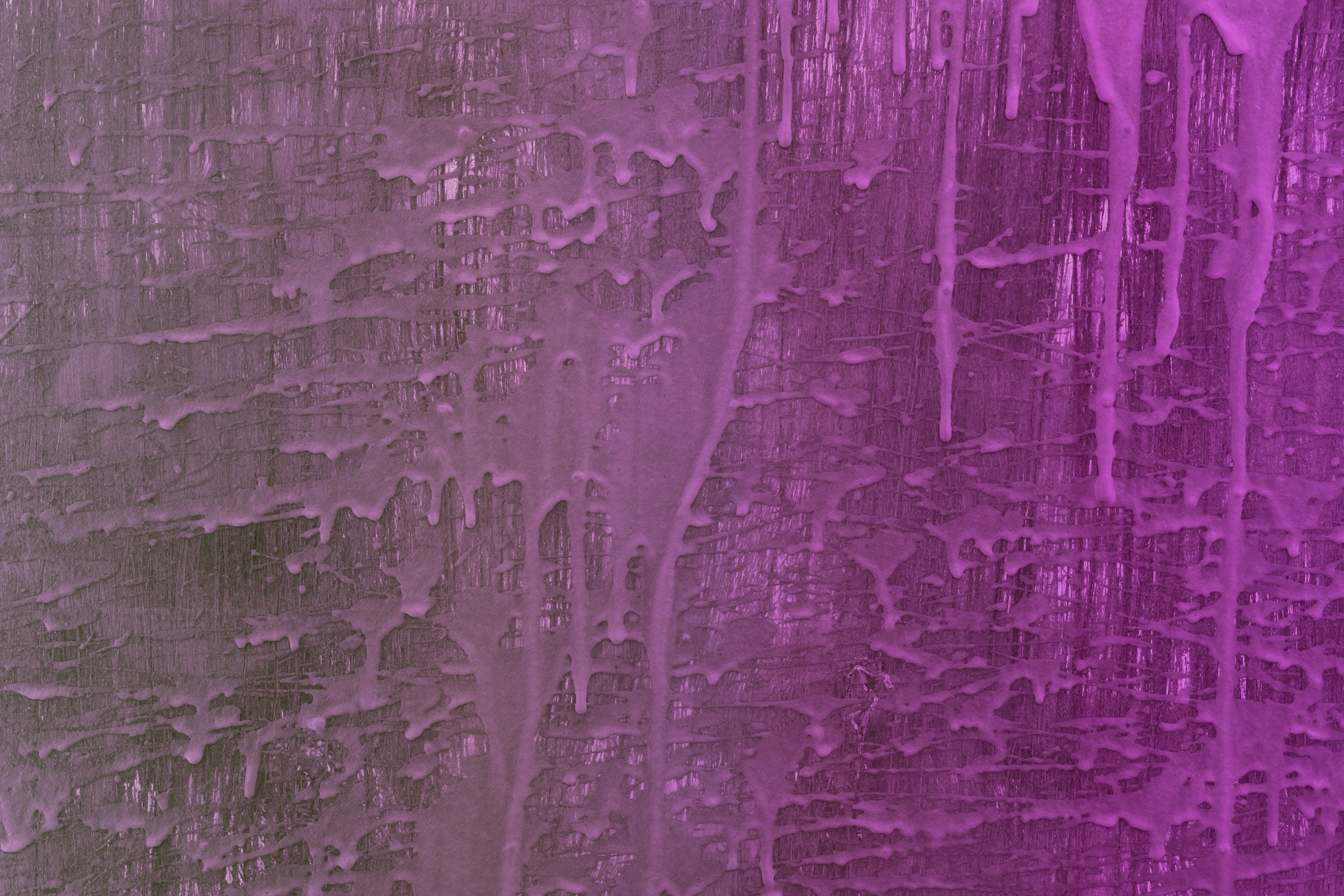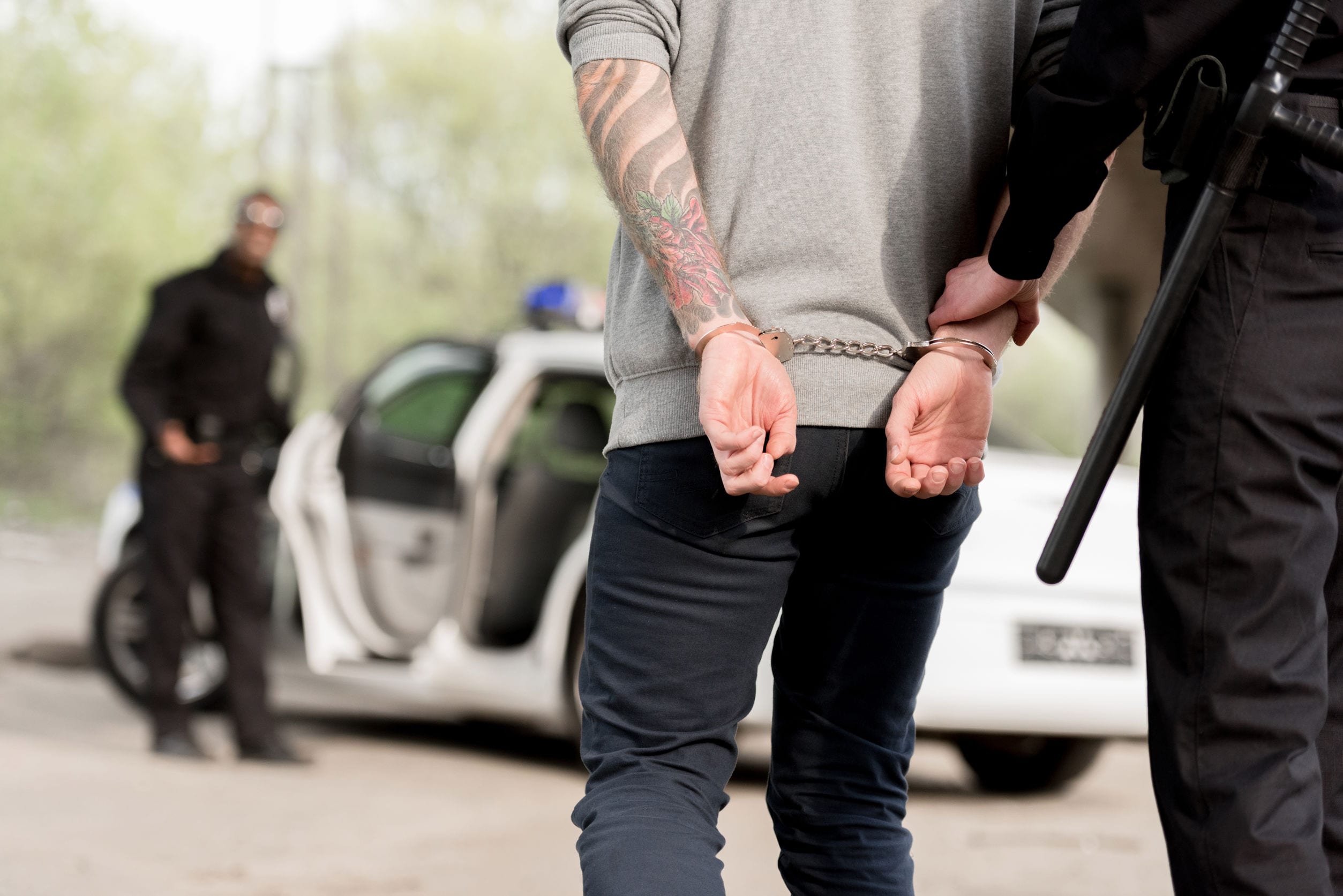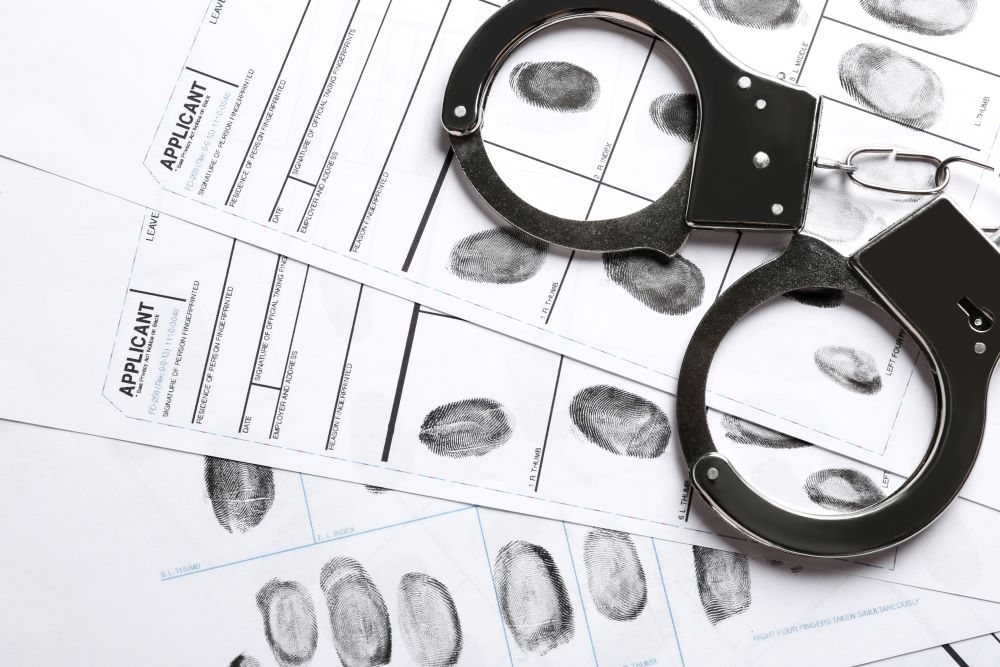- Home
- THE FIRM+
- Criminal Defense+
- CASE RESULTS
- AREAS WE SERVE+
- FAQ’s
- Blog
- Contact
AZHARI LLC BLOG

Posted By: Sami Azhari
Category:
When you’re outdoors having fun, it’s easy to notice a sign that denotes private property where no trespassing is allowed.
You may not be aware, however, there’s one law that may make understanding where you legally can and cannot be a little bit more complicated. It’s called the Purple Paint Law, and ignoring could land you a criminal trespassing charge in Illinois.
Here’s what you need to know about this legislation, the three types of criminal trespassing in Illinois, and the penalties you stand to face if you are found guilty.
What Is the Purple Paint Law?
In Illinois, the Purple Paint Law allows landowners to mark fence posts and trees with purple paint along their property to signal that you are not to enter the land. Under this law, doing so does constitute a trespassing crime.
So, if you’re an avid hunter, bird watcher, hiker, or anyone else who enjoys stomping around off the grid, you’ll want to pay attention when you see purple paint and turn around.
Criminal Trespass Laws in Illinois
Criminal trespass laws in Illinois are intended to protect the vehicles and homes of people, along with other restricted areas, from unlawful intrusion.
A trespassing crime is committed when someone without lawful authority and knowingly enters the property or land of another or remains there once they are asked to leave.
You can also be charged with trespassing if you falsely represent yourself or produce false documents in order to gain entry to property with the permission of the owner.
There are three primary charges associated with trespassing crimes outlined in Illinois law. They are trespass to real property, trespass to vehicles, and criminal trespass to a residence. Learn more about each below.
Trespass to Real Property
The crime of trespass to real property is committed when a person enters a building knowingly or stays there without permission. You can also be charged with this crime if you have been given notice that you are forbidden entry but do it anyway or if you stay there after being ordered to leave. It also applies to land that is being used as an orchard or for other agriculture.
This is a Class B misdemeanor, punishable by up to six months in jail and fines of as much as $1,500. It may be charged as a Class A misdemeanor if the defendant enters land capable of being used or that is being used for growing crops or if the offender uses a motor vehicle in an area marked as an orchard.
Trespass to Vehicles
Operating a vehicle, watercraft, aircraft, or snowmobile without permission is considered trespass as well. The same guidelines on being given notice and permission as trespassing to real property apply and the crime is always charged as a Class A misdemeanor, which carries a maximum sentence of 12 months in jail and fines up to $2,500.
Criminal Trespass to a Residence
Entering a person’s residence knowingly and remaining there or entering a residence knowingly where people are present, or when you have reason to believe people are present, is trespass to a residence.
This crime is also normally classified as a Class A misdemeanor. However, it can be charged as a Class 4 felony when the defendant knowingly entered or remained there when others were present.
Being charged with a trespass crime in Illinois can cost you more than you anticipated, especially if it comes as a total surprise. Be aware of your surroundings always — keep an eye out for purple paint! While there are robust defenses one can make to trespass charges with the help of an experienced attorney, it’s not a position you want to put yourself in to start with.
About the Author
Sami Azhari has been working as a lawyer since 2007, after receiving his Juris Doctor from the Michigan State University College of Law. He has handled numerous state and federal cases and is known throughout the Chicago and Rolling Meadows area for providing his clients with high-quality, skilled representation. He has been recognized by Avvo (2013 and 2018), SuperLawyers (2015-2020), The National Trial Lawyers, and other notable organizations, and has spoken at a number of legal conferences.


























































